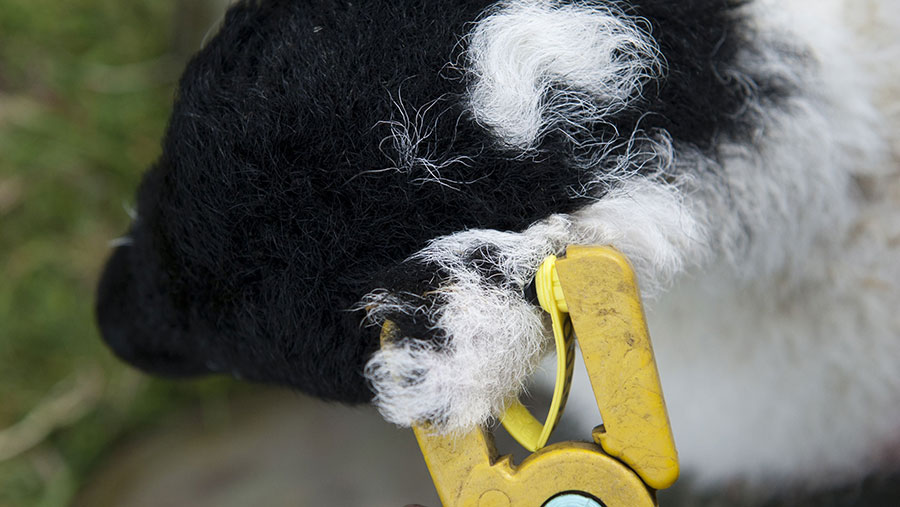BPS cross-compliance rule changes for 2021 across UK
 © FLPA/Wayne Hutchinson/Shutterstock
© FLPA/Wayne Hutchinson/Shutterstock Greening rules may have been relaxed from 1 January 2021, but farmers claiming under the Basic Payment Scheme (BPS) are reminded they must stick to the main cross-compliance rules.
Cross-compliance is the set of rules governing activities such as hedgecutting, when fertilisers can and cannot be applied to land, and livestock record-keeping requirements.
See also: Greening measures scrapped for 2021, says Defra
Key changes for 2021 are as follows:
England – inspections and penalties
In England, cross-compliance rules have not changed for 2021, but how the rules will be implemented has been updated.
For example, when selecting farms for inspection, the Rural Payments Agency (RPA) will now focus more on the risk to the environment.
This means it will inspect fewer farms likely to have low-level non-compliance, although it will still be doing some random inspections.
Before an inspection, farmers will also be provided with a list of records the inspector will want to look at to enable them to prepare before the visit.
Penalties for non-compliance should also be more proportionate.
The need for the standard penalty to be 3% has been removed and replaced by a system where different penalty percentage levels will apply depending on the severity of the breach and whether it was intentional or just negligent.
Warning letters are the most likely outcome for a wider range of non-compliances where there is no risk to public or animal health.
Northern Ireland – livestock records
Farmers in Northern Ireland need to be alert to new livestock-recording requirements.
Under SM7 (Cattle identification and registration), all cattle imported from non-EU member states/third countries, including those from Great Britain or crown dependencies, must be doubled tagged with ear tags approved by the Department of Agriculture, Environment and Rural Affairs within 20 days of release from import checks or before the animal leaves the holding, whichever is earlier.
Under SMR8 (Sheep and goat identification and registration) there is a similar double-tagging requirement for imported animals, including those from Great Britain, although animals must be identified within 14 days of being imported.
The two means of identification must bear the same unique individual identification number and one must be an electronic device.
The keeper must record information about the addition of the new means of identification in the holding register, together with the full identification code on the new means of identification and the full code on the method of identification applied in the third country.
From 1 April 2021, pigs will also require a slapmark bearing the holding code rather than curer mark.
Other changes include a requirement for low-emission slurry-spreading equipment to be used for spreading anaerobic digestate and for all spreading by contractors on an applicant’s holding (SMR 1 – Protection of water against nitrates pollution).
Wales – minor clarifications
The vast majority of rules remain the same in Wales, although there has been some tightening of the wording in places to clarify a number of points.
For example, the requirement to retain all ponds has been clarified under GAEC 7 (Landscape features) to prevent the drainage or filling in of part of a pond.
Under GAEC 6 (Maintenance of organic matter), the rules spell out when an environmental impact assessment will be needed if looking to improve semi-natural land.
It also introduced the need for screening ahead of any large-scale restructuring projects.
On the livestock side, under SMR11 (Welfare standards for the protection of calves) there has been clarification of requirements concerning tethering, calf pen dimensions and the feeding of calves.
Scotland – no changes
Scotland has confirmed there are no new changes to cross-compliance rules for 2021.
Further information
Cross-compliance rules are made up of statutory management requirements and the need to maintain land in good agricultural and environmental condition.
The rules vary according to devolved region, but copies of the up-to-date guidance notes are available:
England – Guide to cross-compliance in England in 2021
Northern Ireland – 2021 cross-compliance verifiable standards
